- Safiu Kehinde
Since the grand formation of the All Progressive Congress in 2013, the party, like every other party, has witnessed several ups and downs. It has over time been faced with a series of internal crises which are mostly leadership in nature.
Amid the struggles and existential threat of probable implosion, the ruling party has managed to defy the storm and surged forward till its elevation from an opposition party to a ruling party.
The latest in this change is the resignation of its 7th National Chairman, Abdullahi Ganduje.
The former Kano State Governor on Friday announced his resignation over health concerns, bringing an end to his two years reign.
While the party is welcoming another phase in its leadership calculations, NPO Reports’s SAFIU KEHINDE takes a look into the administration of the past National Chairmen, the circumstances of their emergence, accomplishments, and the wranglings that surrounded their exit.
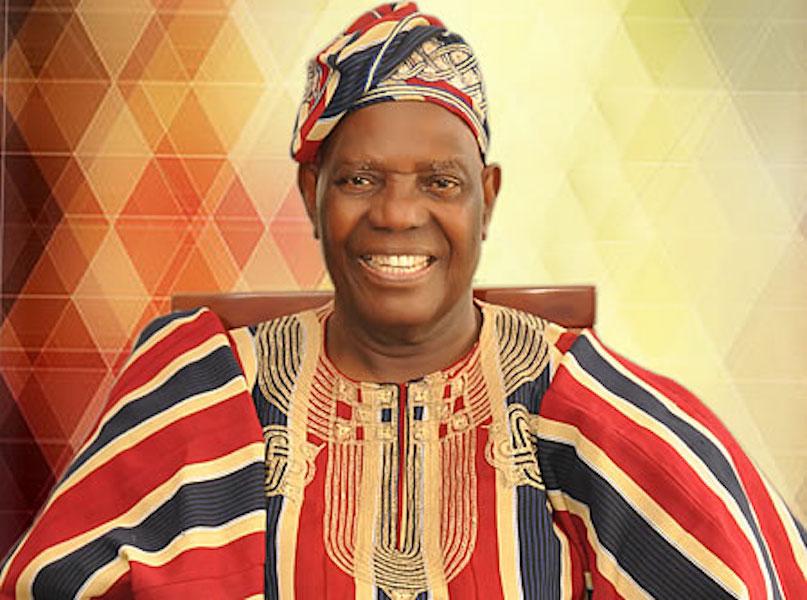
Chief Bisi Akande 2013-2014
The All Progressive Congress’ journey began with the former Governor of Osun State, Chief Bisi Akande.
Akande, who served in interim capacity, is one of the founding fathers of the party; a product of the coalition of the Congress for Progressive Change (CPC), the All Nigeria Peoples Party (ANPP), a faction of the All Progressives Grand Alliance (APGA), and the Action Congress of Nigeria (ACN).
The ACN, which was formerly called the Action Congress Party (ACP), was also a by-product of a 2006 merger between some opposition parties and the Bisi Akande-led faction of the Alliance for Democracy (AD).
However, the quest to end the Peoples Democratic Party’s (PDP) reign led to the emergence of the APC in 2013 with Akande being asked to lead the onslaught against the then ruling PDP as its founding National Chairman.
Akande’s tenure had only lasted a year as he had inclined himself to serving in an interim capacity, paving way for the search for a new National Chairman in 2014.
Though his tenure was short-lived, Akande was believed to have left a remarkable legacy in the party making the APC emerge as the first most successful merger of registered political parties in post-independent Nigeria.
Akande also successfully steered the affairs of the party towards becoming an opposition party to reckon with.
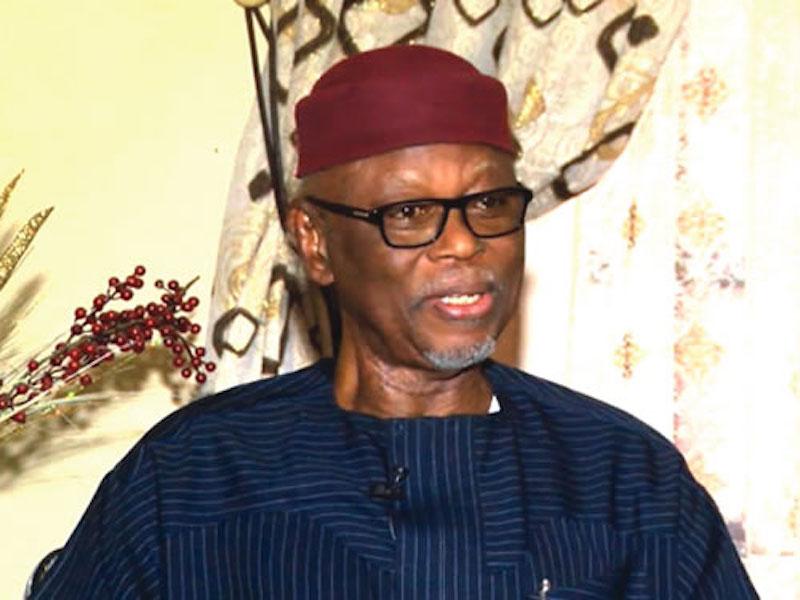
Chief John Odigie-Oyegun (2014-2018)
Following Akande’s interim reign, the APC elected its pioneer National Chairman, Chief John Odigie-Oyegun, on the 13 of June 2014.
The former Edo State Governor was one of the leaders of the All Nigeria Peoples Party (ANPP) which was one of the components that formed the APC.
Odigie-Oyegun was faced with the challenge of leading the party to victory against the reigning Peoples Democratic Party (PDP) under the President Goodluck Jonathan administration.
With Jonathan seeking a second term in office, the 2015 Presidential election was initially poised as an Herculean task for the Oyegun-led APC.
The National Chairman organised the party’s primaries which saw former Military Head of State, Muhammadu Buhari, emerging as the APC’s flag bearer.
Odigie-Oyegun eventually led the APC to victory as Buhari emerged winner of the 2015 election which marked an end to the PDP’s 16 years reign and the beginning of a new era under the APC.
Despite the victory however, Odigie-Oyegun came under fire from various factions of the party in 2017.
Some powerful group of APC Governors reportedly called for his removal from office as national chairman of the party.
At first, Buhari and seven APC governors backed Odigie-Oyegun to remain in office.
However, the former President eventually withdrew his support for Odigie-Oyegun when it became clear that most of the governors and other powerful members of the party were resolute in their efforts to remove him from office.
In his stead, his kinsman, Comrade Adams Oshiomhole, was elected as Odigie-Oyegun stepped down from office as he did not seek re-election for a second term in office at the 2018 elective national convention.
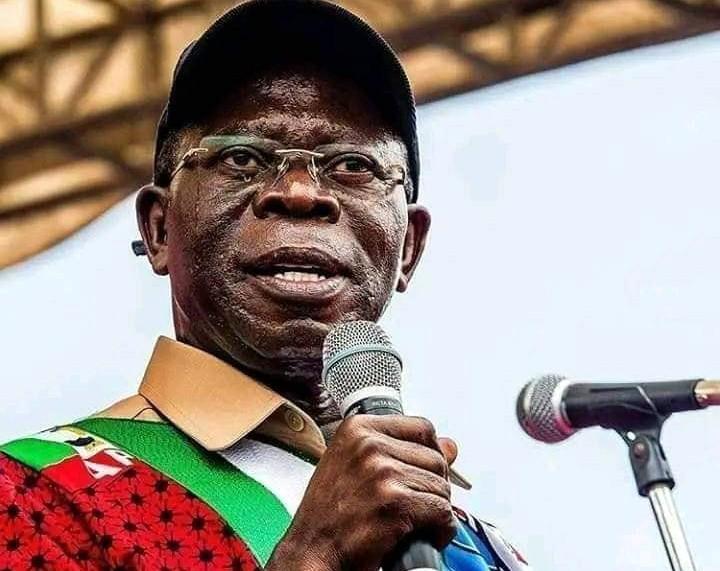
Comrade Adams Oshiomhole 2018-2020
As against what should have been considered an easy task for Oshiomhole, his tenure as the APC National Chairman was marred with internal crisis. This narrowed down to Edo State where he served as two-term governor from 2008 to 2016.
On 23 June 2018, Oshiomhole emerged as the new APC national chairman following a voice vote by delegates at the party’s national convention.
However the internal crisis would kick in barely a year after as he was, on the 12th of November 2019, suspended from the APC after 18 local government chairmen of the party in his native state of Edo passed a vote of no-confidence on him.
Oshiomhole was accused of trying to disintegrate the party in Edo State.
However a faction of the party loyal to Oshiomhole declared his suspension null and void and then suspended former Edo Governor, Godwin Obaseki, of the state who was alleged to have orchestrated Oshiomhole’s suspension.
The Edo APC on the 15th of January 2020, reaffirmed the suspension of Oshiomhole and said he had no legal right to continue to function as the APC national chairman by virtue of his suspension in Edo State.
His suspension was legally backed on the 4th of March 2020 as a high court sitting in Abuja further ordered the suspension of Oshiomhole from the office of the national chairman of the APC.
The court ruled that having been suspended from the party, Oshiomhole was no longer a member of the party and could not possibly continue to discharge his official responsibilities as national chairman.
Oshiomhole was also restricted from the national secretariat of the party.
Barely a day after the Abuja Federal High Court ruling, a Federal High Court in Kano gave another judgement which vacated the judgement of the FCT High Court and restored Oshiomhole as the national chairman of the APC.
This created confusion as to which judgement was to be obeyed because both courts (FCT High Court and Federal High Court Kano) are of equal jurisdiction and none of them could vacate the judgement of the other.
Oshiomole appealed against his suspension at the Abuja Court of Appeal and the court affirmed his suspension on 16 June 2020. Then came Mai Mala Buni.
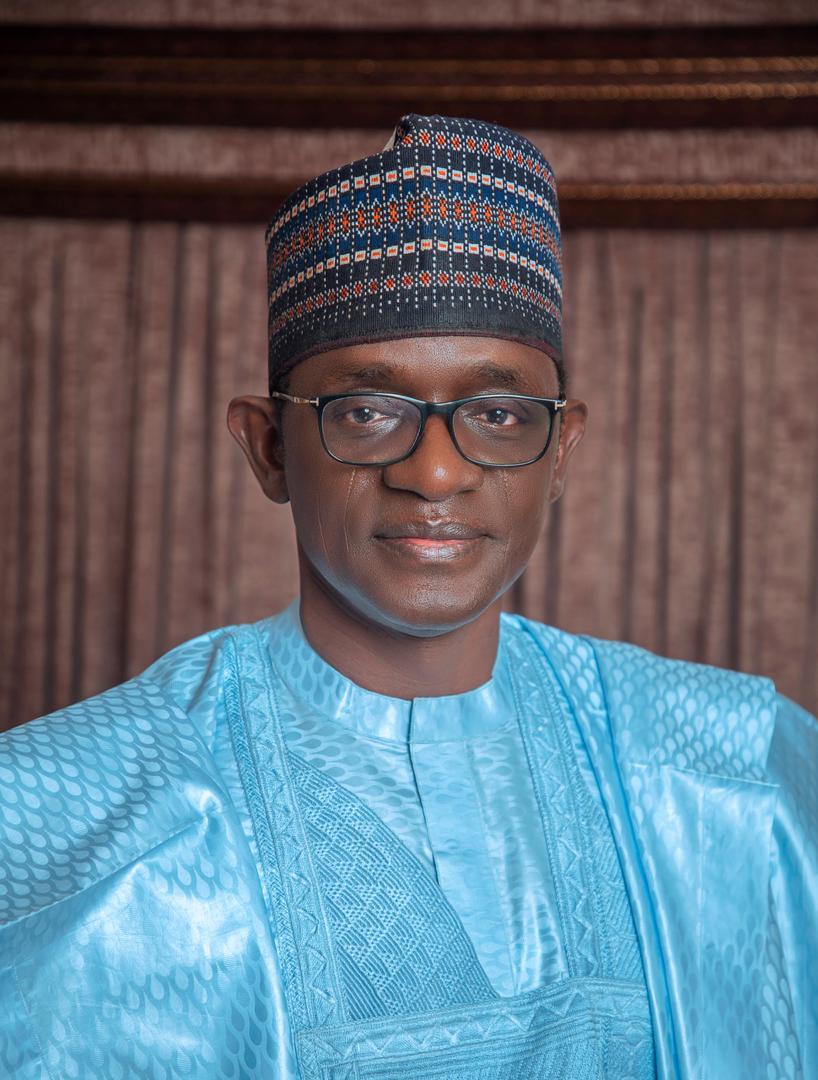
Mai Mala Buni (2020-2022)
The suspension of Oshiomhole and dissolution of the APC National Working Committee (NWC) led to the establishment of a new interim committee in June 2020.
The committee was chaired by Governor of Yobe state, Mai Mala Buni, with the committee saddled with the responsibility of steering the activities of the party for an initial period of six months.
They were also to prepare and conduct the party’s extraordinary national convention.
However, during a national executive council meeting held at the State House, Abuja on December 8th, 2020, the tenure of the interim committee/extraordinary convention committee was extended for another six months.
A remarkable achievement under Buni was the re-election of Buhari for a second term in office.
Mai Buni’s tenure as the chairman of the APC caretaker committee lasted till 2022.
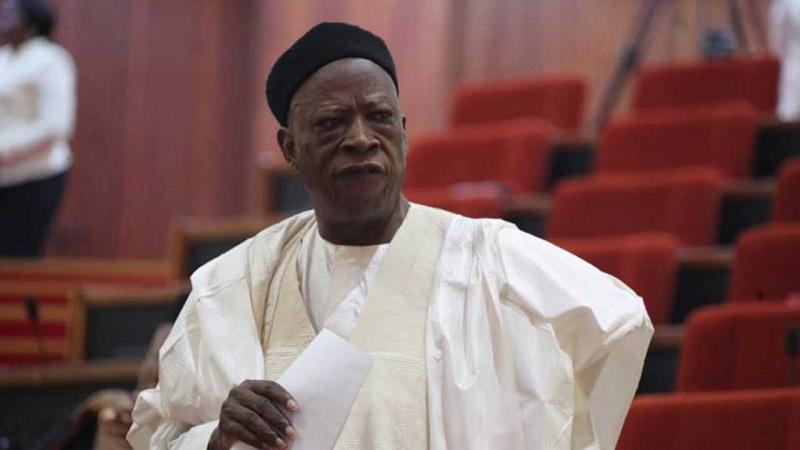
Abdullahi Adamu (2022-2023)
After much controversy, the APC held its National Convention with former Governor of Nasarawa State, Abdullahi Adamu, former lawmaker who represented Nasarawa West Senatorial District, emerging as the new National Chairman.
At the National Convention of the Party held at the Eagle Square in Abuja on 26 March 2022, Adamu was unanimously elected as the National Chairman of the APC.
With the 2023 Presidential election few months away, Adamu’s mission was well stated – to retain the APC’s hold on power.
Indeed, he successfully led the party to win the March 2023 presidential election, marking the beginning of President Bola Tinubu’s era.
However, an impending crisis already loomed for Adamu prior to the election.
This was triggered by his announcement of the then Senate President, Ahmad Lawan as a consensus candidate of the APC, an announcement strongly rejected by leaders of the party.
With the emergence of Tinubu as the party’s flag bearer, it was only a matter of time before things went down against Adamu.
First was his controversial rejection of the list of principal officers for the 10th National Assembly (NASS) announced by Senate President, Godswill Akpabio; and House of Representatives Speaker, Tajudeen Abbas.
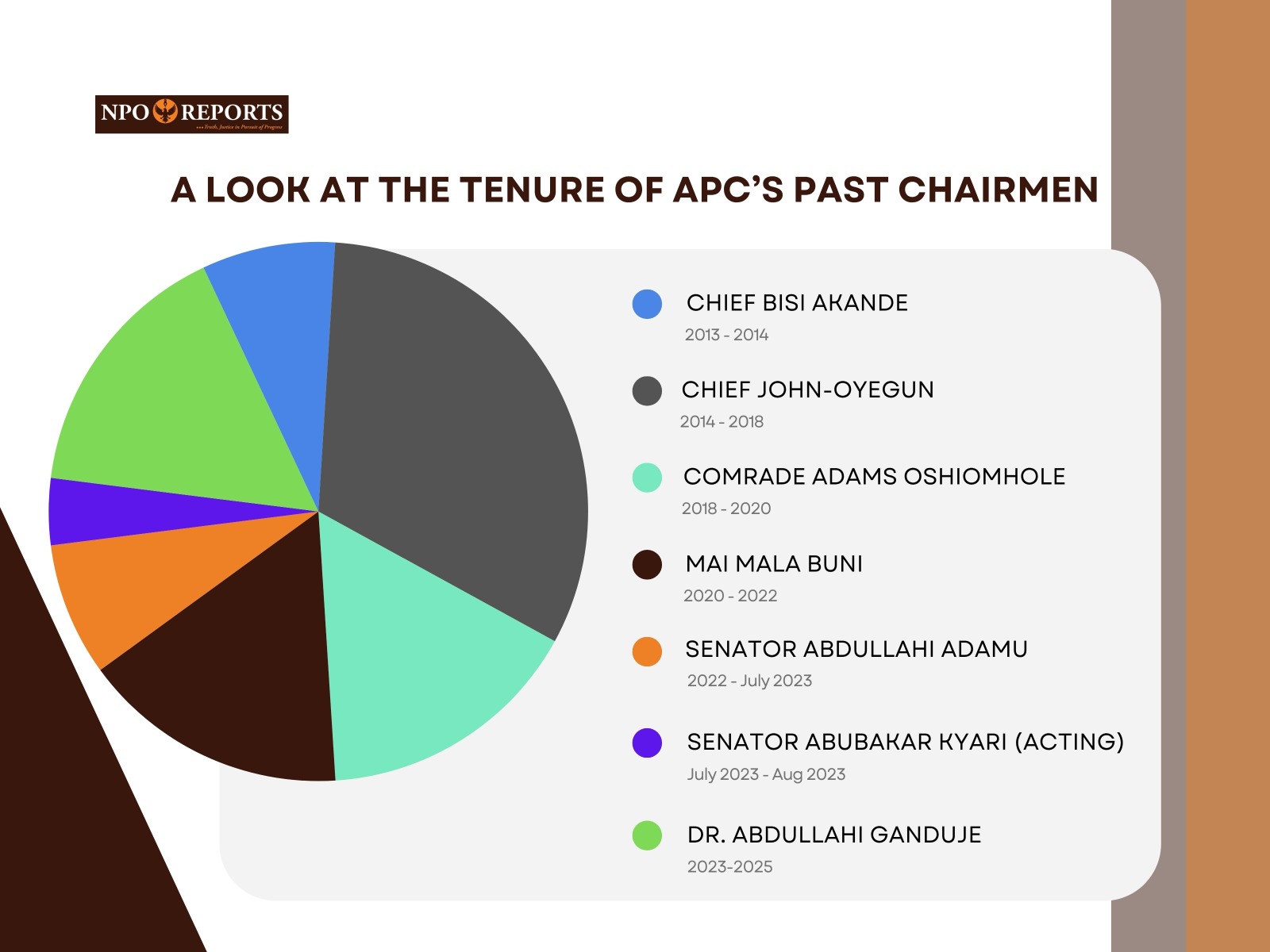
The embattled National Chairman claimed the list was not from the party’s secretariat.
Another hint of a premature exit unfolded on July 12, 2023 when Tinubu met with the class of 1999 governors about six weeks after his inauguration as Nigeria’s President on May 29, 2023.
According to the report, Adamu, who was the governor of Nasarawa State from May 1999 to May 2007 was conspicuously absent and no explanation was offered for the absence of the 76-year-old politician.
He eventually resigned his position as the National Chairman of the APC on 16th July, 2023 to return to his private life in Keffi, Nasarawa State.
Though short-lived, Adamu’s tenure was impactful and significant in the history of the APC. HIs resignation created another leadership void.
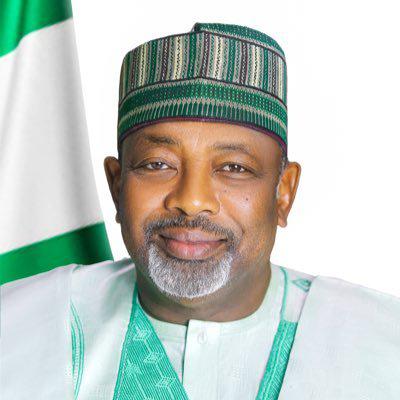
Abubakar Kyari (July 2023- August 2023)
Adamu’s voluntary resignation birthed a hastily convened meeting by the APC on 17 July.
In an effort to fill the leadership void, an acting national chairman emerged in person of the APC former deputy national chairman (North), Abubakar Kyari.
While the party chose to put the memory of Adamu behind without disclosing what led to his resignation, Kyari led the party in acting capacity pending the election of a new National Chairman.
On the 3rd of August, 2023, the APC held its 12th National Executive Committee (NEC) where former Kano State Governor, Abdullahi Ganduje, was elected as the new National Chairman.
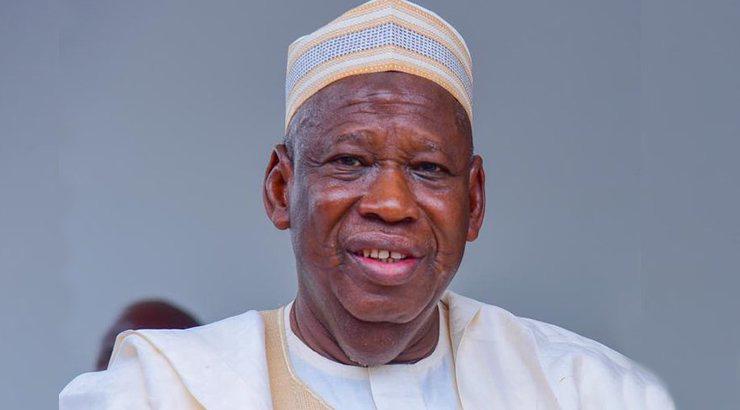
Following Ganduje’s election, Kyari stepped down from his acting role to pave the way for Ganduje who then led the party till the 27th of July, 2025 when he announced his resignation.
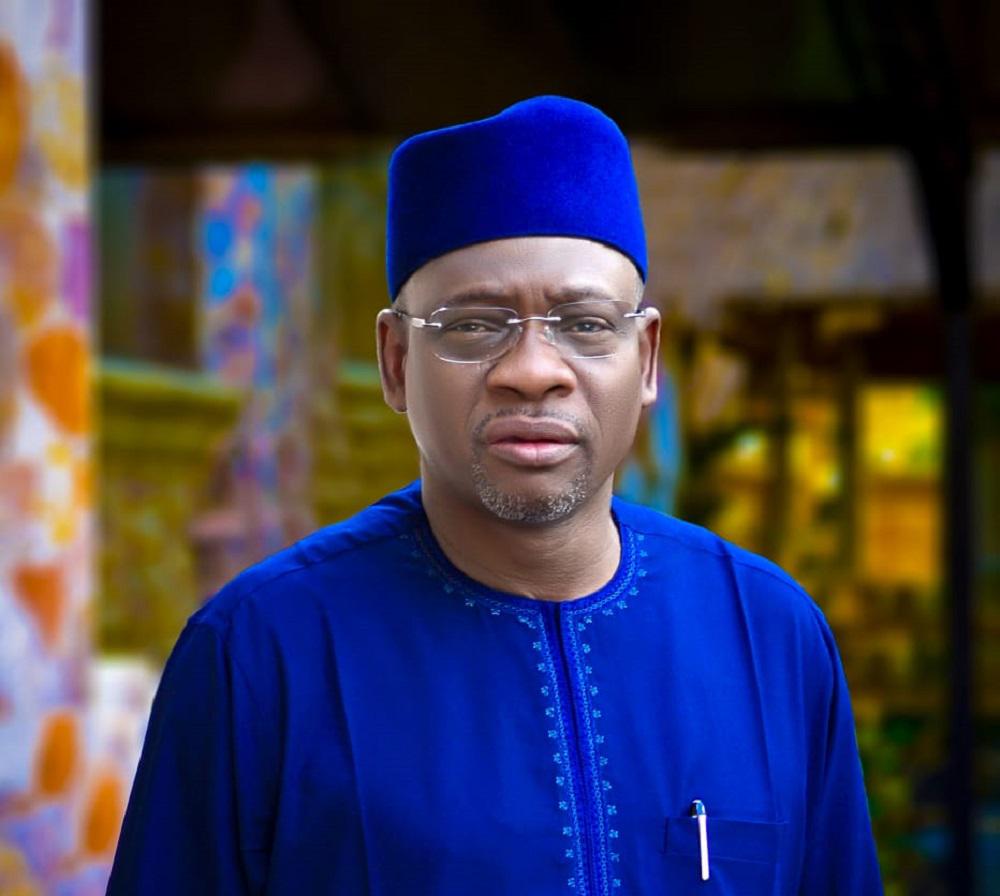
Here Comes Dalori
The sudden resignation of Ganduje has brought in the former Deputy National Chairman of the party (North), Bukar Dalori, from Dalori, a small town near Maiduguri, Borno state in the North-East geo-political zone of the country.
Who knows what lays ahead for the new acting chairman of the party? However, Ganduje’s sudden exit, to many observers, signifies some internal battles the party is waging, most significant of which might not be unconnected with the 2027 presidential election.
Already, there are suggestions that the trust level among party chieftains are waning. With geo-political interests morphing ahead of the 2027 presidential election, the realignment of political forces across party lines appears to have become a factor in critical party decisions.
Is Dalori the man to deliver the wins for the APC especially the return of President Bola Ahmed Tinubu? Does he have what it takes to strengthen the party especially in the North where possible discontent might lead to anti-Tinubu protests?
The months ahead promise to be decisive as the APC battles the odds to retain its hold on power.


